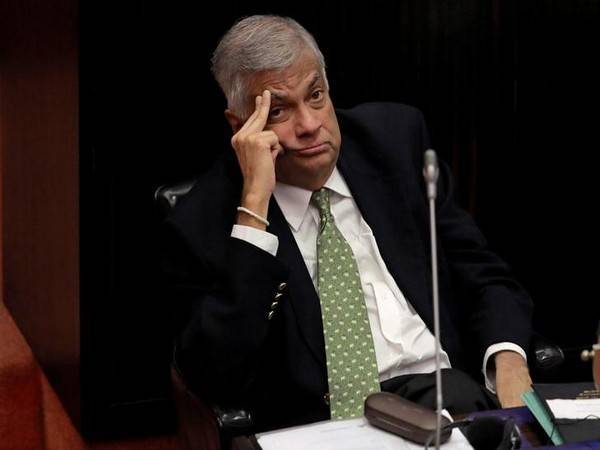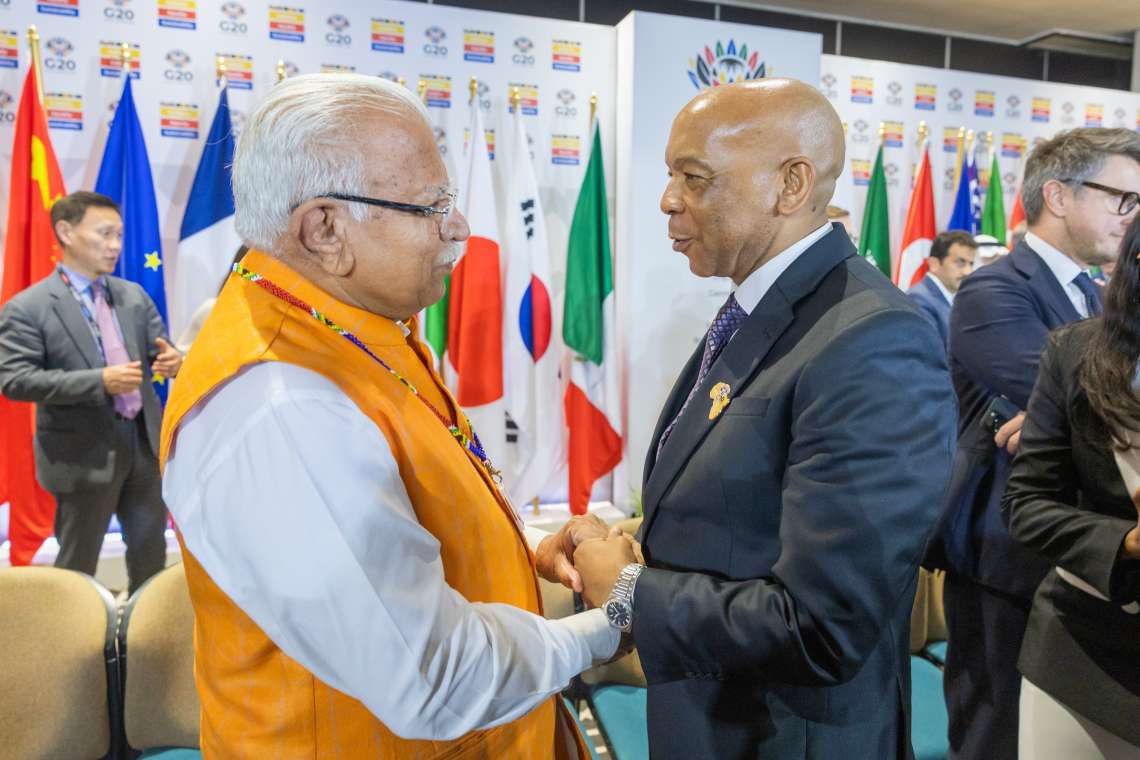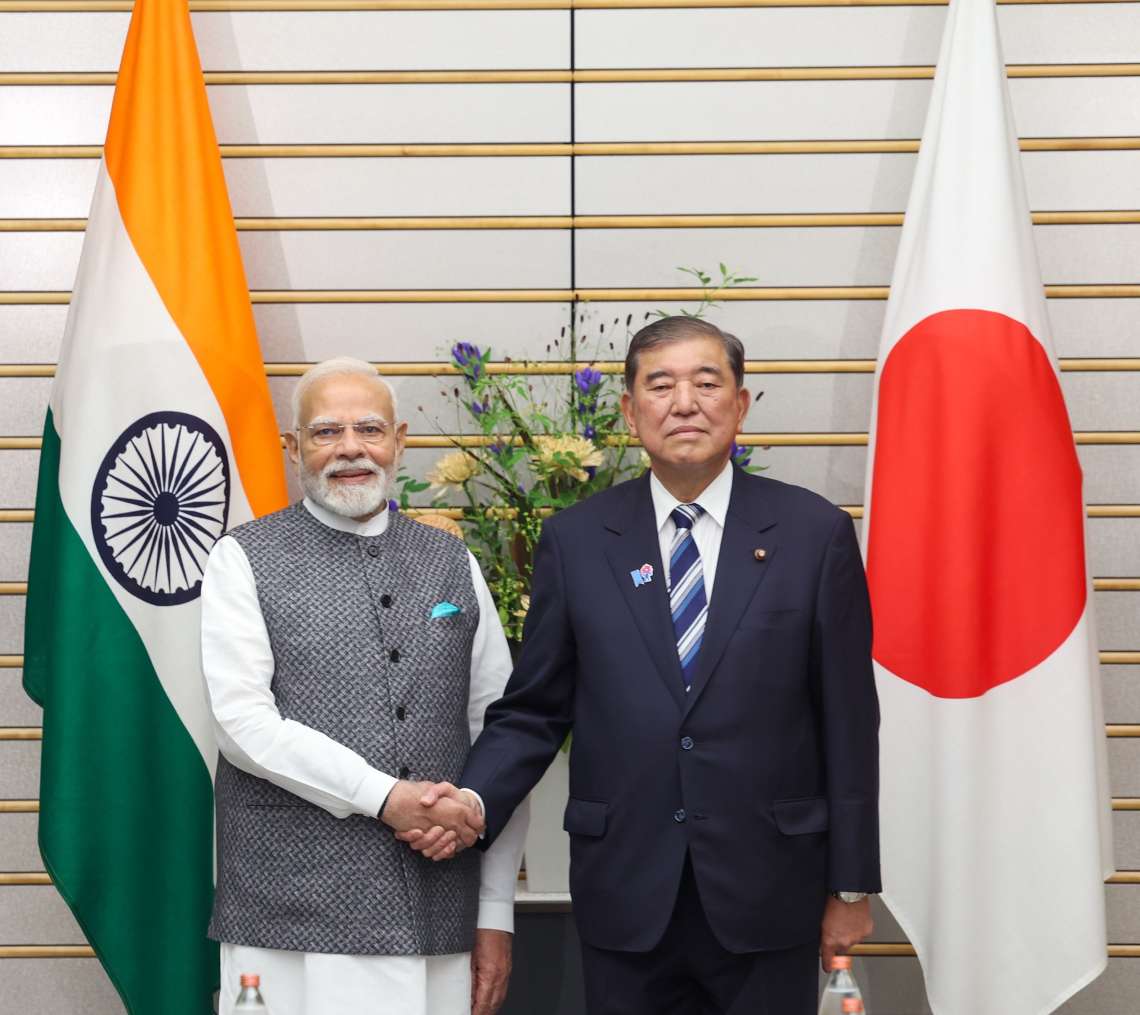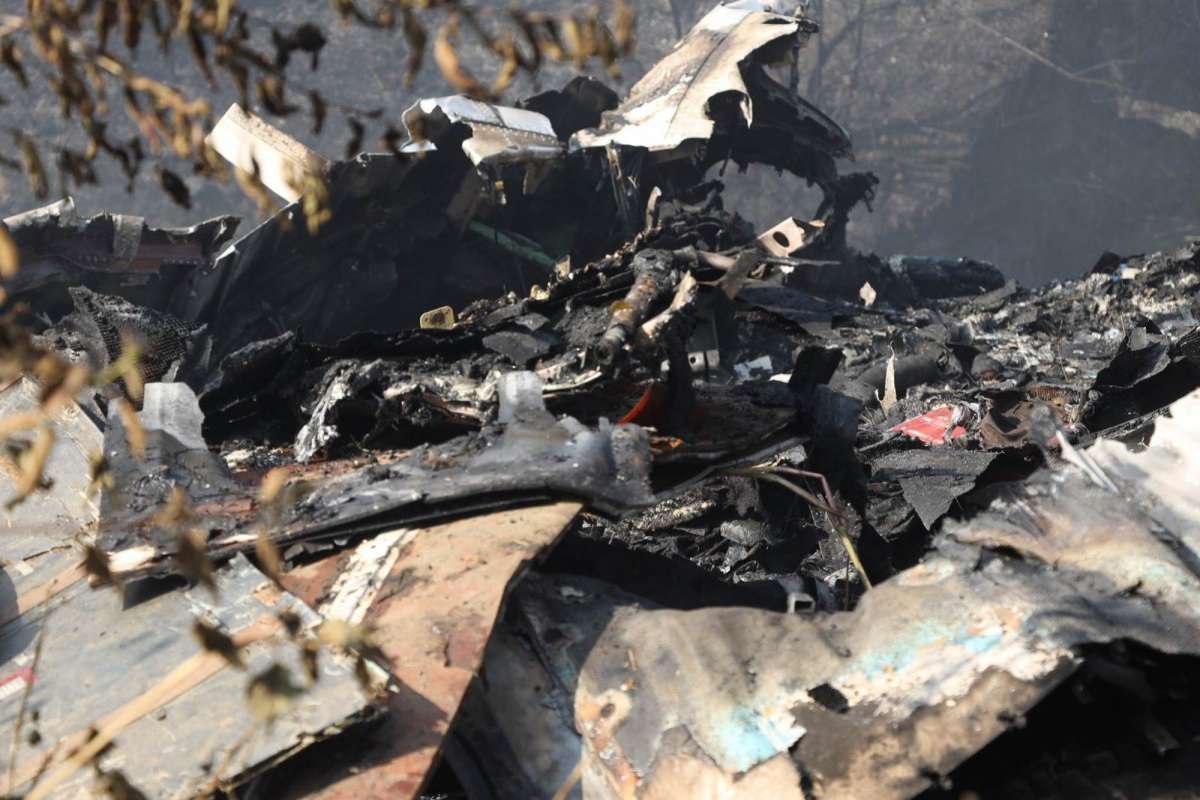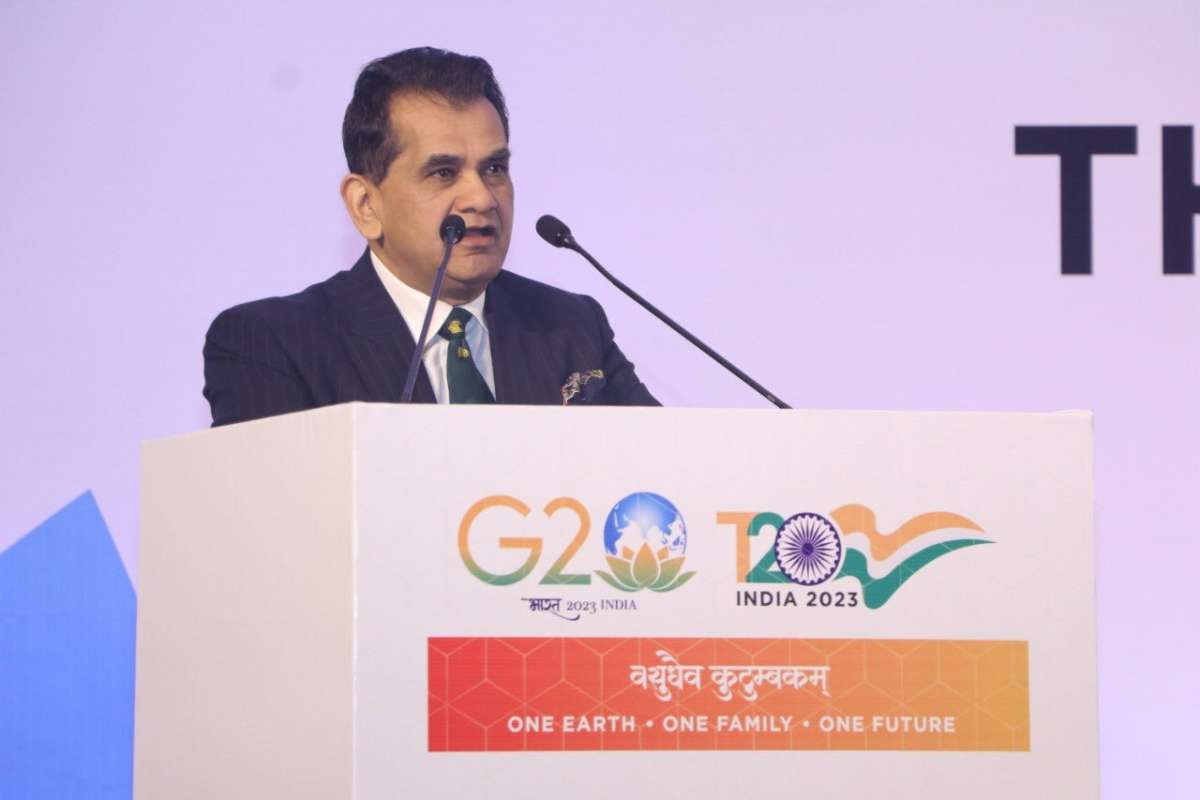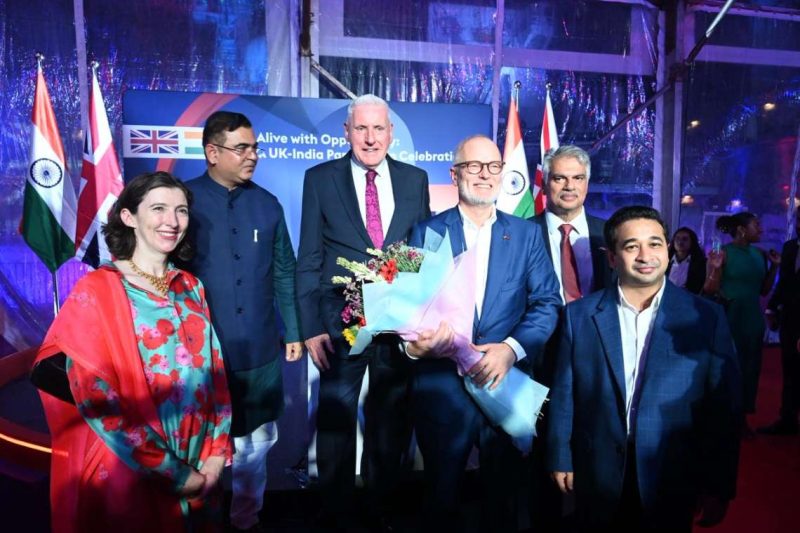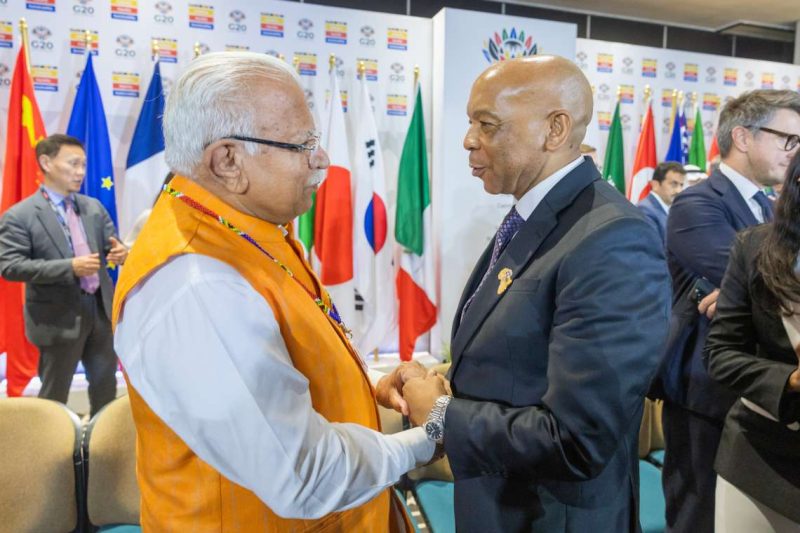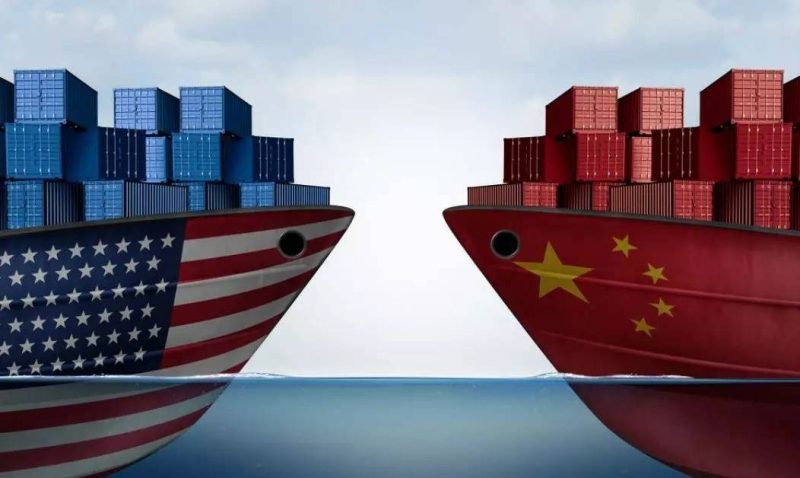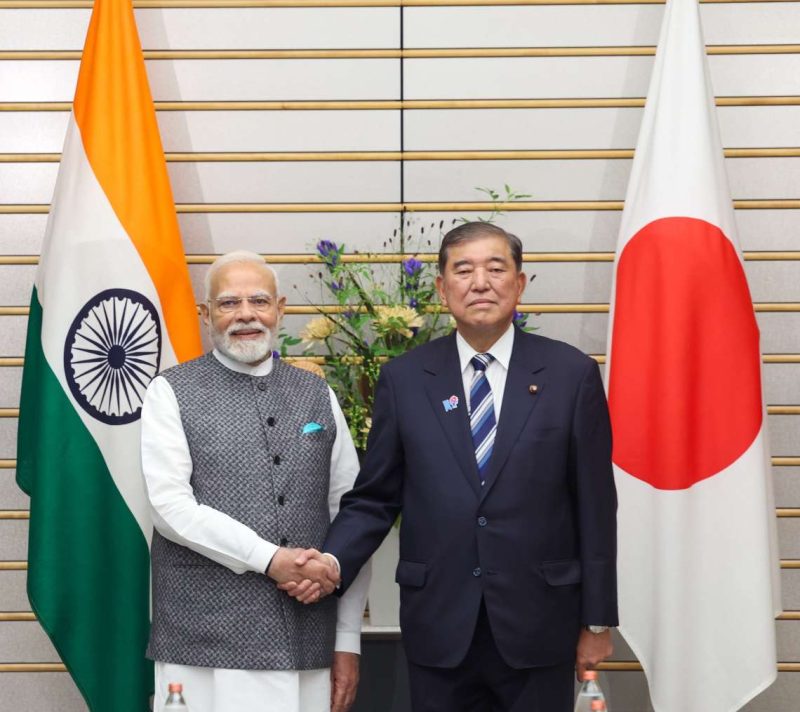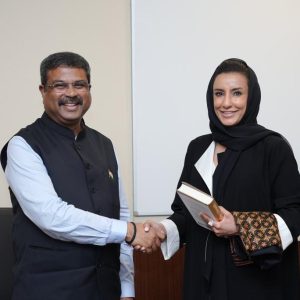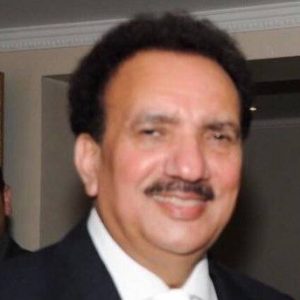Wickremesinghe also assured that the Truth and Reconciliation Commission’s work will be accelerated in order to provide relief to the families of those disappeared….reports SUSITHA FERNANDO
Ahead of visit by India’s External Affairs Minister S. Jaishankar to Sri Lanka this week, President Ranil Wickremesinghe has assured to fully implement the India-brokered 13th Amendment to the Constitution.
Wickremesinghe said that the 13th Amendment, which was proposed to devolve power and solve the ethnic problem between the majority Sinhalese and the minority Tamils, would be implemented not only in the war-ravaged North but in the Sinhala majority South as well.
The Sri Lankan President made the remarks while participating at the National Thai Pongal Festival held at northern city of Jaffna on Sunday.
He announced that a statement on the government’s steps toward the reconciliation will be made public in February after discussing with the political leaders next week.
Wickremesinghe also assured that the Truth and Reconciliation Commission’s work will be accelerated in order to provide relief to the families of those disappeared.
Following the intervention of India in 1987, under the Indo-Lanka Peace Accord, 13th Amendment was introduced to the Sri Lankan Constitution.
Signed between the then Indian Prime Minister Rajiv Gandhi and the Sri Lanka’s former President J.R. Jayawardene, the accord aimed at solving the ethnic conflict which had developed to a bloody war between the Liberation Tigers of Tamil Eelam (LTTE), which was fighting for a separate land, and the Sri Lanka’s military.
The accord was signed to find solution to the ethnic crisis by devolving political powers to the Tamil dominated northern and eastern provinces in the country. However, under the 13th Amendment, the Provincial Council (PC) system – a power sharing arrangement dividing the country to nine provinces including the Sinhala majority areas – was introduced. The PC system, once fully implemented, would have the right to self-govern over areas such as land, health, agriculture, education, housing and police.
The majority Sinhala extremist parties have been strongly opposing the 13A specially sharing powers like police from the Centre.
India has been urging Sri Lanka to implement the 13A especially since the end of civil war in 2009 and this was reiterated by the External Affairs Minister S. Jaishankar when he visited Sri Lanka in 2021.


